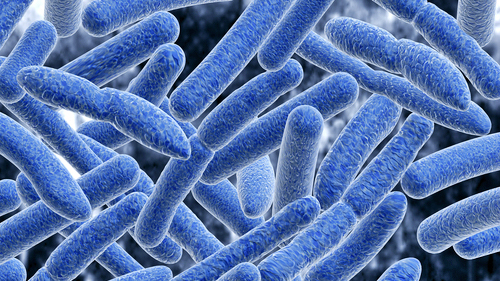|
from PreventDisease Website
Individual bacterial cells have short memories. But groups of bacteria can develop a collective memory that can increase their tolerance to stress.
This has been demonstrated
experimentally for the first time in a study by Eawag and ETH Zurich
scientists published in PNAS (Response
of Single Bacterial Cells to Stress gives Rise to Complex History
Dependence at the Population Level).
This question is relevant to the
dynamics of general self-propelled particle systems, biological
self-organization, and active fluids. Bacteria provide a tractable
system to address this question, because bacteria are simple and
their behavior is relatively easy to control.
Now two Eawag/ETH Zurich
microbiologists, Roland Mathis and Martin Ackermann,
have reported a new discovery (read
Response of Single Bacterial Cells to Stress
gives...) made under the
microscope with
Caulobacter crescentus, a bacterium ubiquitous in
freshwater and seawater.
In populations exposed to a warning event, survival rates upon a second exposure two hours after the warning are higher than in populations not previously exposed.
Using computational modeling, the scientists explained this phenomenon in terms of a combination of two factors.
As a result of the cell cycle synchronization, the sensitivity of the population changes over time.
Previously exposed populations may be
more tolerant to future stress events, but they may sometimes even
be more sensitive than populations with no previous exposure.
The findings are relevant, for example, to our understanding of how pathogens can resist antibiotics, or how the performance of bacterial cultures in industrial processes or wastewater treatment plants can be maintained under dynamic conditions.
After all, bacteria play a crucial role in almost all bio- and geochemical processes.
From a human perspective, depending on the particular process, they are either beneficial - e.g. if they break down pollutants or convert nutrients into energy - or harmful, especially if they cause diseases.
For the researchers, says Mathis, another important conclusion can be drawn:
Bacteria also have the collective capacity to generate many neurotransmitters and neuromodulators.
For example, certain,
Future studies of how microbes
contribute to the function of their host on all levels will play an
important role in advancing understanding of health disorders as
well as disorders of social interaction.
|


